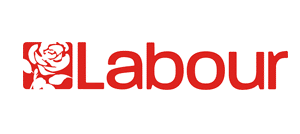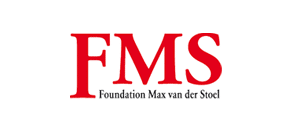Moldova
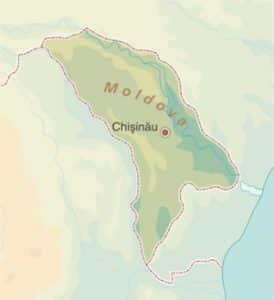
The worries over Russian interference in the country have only increased in recent months. In January 2023, President Sandu’s government introduced a new electoral law that sought to decrease Russian influence. Moreover, in 2022 Moldova was granted EU candidate status along with Ukraine. Since then, Chisinau has taken important steps in adopting obligatory EU-legislation and has received praise from the European Commission. While these developments were applauded both in Moldova and the EU, the political crises would pile up in the following months.
On 10 February, Prime Minister Gavrilita decided to step down. Gavrilita stated the ongoing pressure from Russia to be the reason for her departure and accused Moscow of energy blackmail, which has reportedly driven the countries’ inflation to over 30%. She was succeeded by Dorin Recean, a former security advisor to Gavrilita’s cabinet.
No less than three days later, however, Chisinau would be in the spotlight again after the Ukrainian secret service intercepted “quite concrete plans” for a pro-Russian coup in Moldova. President Maia Sandu immediately confronted the Kremlin and Russian, Serbian, Belarusian, and Montenegrin citizens were denied entry at the border over worries they were saboteurs sent to help orchestrate the coup.
But Moldova’s Russia-linked worries do not only exist outside of the country. Ever since the war in Ukraine has started, there have been growing fears over the involvement of the pro-Russian breakaway region of Transnistria. Ever since a civil war in 1992, this narrow strip of land in eastern Moldova has been a pro-Russian enclave guarded by a Russian ‘peacekeeping force’, consisting of 1500 soldiers. A new anti-separatist law passed by Moldovan parliament – which technically allows Chisinau to put all of Transnistria’s separatist leaders behind bars – will make tensions increase further.
Another destabilizing factor is the pro-Russian Ilan Shor party. Headed by Ilan Shor – who was sentenced in absentia by a Moldovan court to 15 years in prison for fraud and money laundering of $1 billion – the movement is involved in large-scale pro-Russian demonstrations in Chisinau. In May, moreover, voters in the southern region of Gagauzia elected Evghenia Guțul – a candidate of the Shor Party – as their new governor, paving the way for further escalation with Chisinau.
-
Want to get notified by mail when this country gets updated?
Subscribe to our newsflash below!
Key Info
1 Political Situation
The second round of presidential elections took place on the 15 November and were won by Maia Sandu. Sandu managed to defeat pro-Russian incumbent Igor Dodon. Moldova’s diaspora played a significant role in the victory of Maia Sandu in the elections. Moldova’s diaspora previously showed minimal involvement in politics and limited participation in the elections. However, in the 2020 Presidential elections, votes from the diaspora made up 16 percent of the total. These additional votes were able to change the outcome in Sandu’s favor.
After the outcome of the presidential elections in 2020, thousands of Moldovans took to the streets to protest and demand the government’s resignation, demanding snap parliamentary elections. The protests erupted after the parliament, still controlled by the Socialists, approved legislation that would strip Maia Sandu of control over the country’s intelligence service. Instead, the control over the services would be moved under the jurisdiction of the parliament. This was seen by many as a move by Chicu and his allies to take away control from Sandu. The protests were supported by Maia Sandu, who also called on the government to resign.
One month after the elections, on December 23, Moldova’s Prime Minister Ion Chicu and his pro-Russian government stepped down. The resignation came right before a parliament session where a motion of no-confidence against the government would be discussed. After the Chicu government resigned, Sandu put Natalia Gavrilita forward as prime minister to form a government. Gavrilita made two attempts to form a government, but failed both times. According to Moldova’s constitution and electoral code, snap elections are triggered if a government is not formed in 90 days. After the expiration of this constitutionally mandated period, and two failed attempts to form a government, Maia Sandu made her case in front of Moldova’s constitutional court to dissolve parliament. On April 15 the court ruled in favour of Sandu’s request to dissolve parliament.
After the dissolvement of the parliament, snap parliamentary elections were held in July 2021. The elections were a major victory for Sandu’s centre-right pro-European PAS, winning 63 out of the 101 seats in parliament. The pro-Russian Electoral Block of Communists and Socialists (BECS), led by Igor Dodon, only managed to win 32 seats. PAS ran on a platform of European integration, anti-corruption and economic development. This pro-European reformist message again resonated with the Moldovan diaspora. The parliamentary elections again saw a large participation of the diaspora, of which 86 percent of the votes went to PAS.
Both the presidential and parliamentary elections show a shift within Moldova’s political landscape. PAS and Maia Sandu express a pro-European stance, shifting away from the close ties with Russia that were preferred under previous governments. Instead, PAS and Sandu advocated for closer a reformist agenda and closer cooperation with the European Union.
The Transnistria conflict
The Transnistria conflict is a frozen conflict between Moldova and the separatist Trans-Dniester region, a piece of land between Ukraine and the Dniester river. The region is de jure part of Moldova, but de facto independent. The majority of the population in the region speaks Russian. Dissatisfaction in the region grew when Moldovan was made the official language instead of Russian. The region also feared for a possible reunification with Romania. After a brief war which ended in 1992, Trans-Dniester broke away from Moldova. After a referendum in 2006 the region reasserted its demand for independence and backed a plan to eventually join Russia. The region has its own government which is financially and military supported by Russia. The statehood of the Trans-Dniester region is not recognized by the international community.
Throughout the years the conflict has remained frozen. Russian peacekeeping troops have been stationed in the region since the war in 1992 and maintained the status quo. However, president Maia Sandu has taken a more critical stance than her pro-Russian predecessor. She has criticized former president Dodon for failing to provide concrete plans for the reintegration of the Transnistria, and has also rejected the idea of federalization of the region. Sandu also called for the Russian troops to be removed from the region, so that they could be replaced by civilian monitors with support from the Organization for Security and Cooperation in Europe (OSCE) . However, until now there have not been any changes on the ground.
Amid Russia’s invasion of Ukraine, political leaders in Transnistria are reluctant to announce their recognition of the independence of Donetsk and Luhansk. As a border region, Transnistria still has major commercial and societal ties with Ukraine and in recent years, its de-facto President Vadim Krasnoselsky has tried to balance Russian and Ukrainian interests. If Moscow intends to annex Transnistria, this is likely to change. For now, Transnistrian authorities categorically reject Sandu’s EU bid – and subsequently try to remain aversive of the invasion of Ukraine.
In recent months, the relationship between Chisinau and Transnistria has not changed for the better, however. A new law adopted by Chisinau allows for easier arrests of separatist Transnistrian leaders. Additionally, Transnistria reportedly featured prominently in the intercepted coup plans.
The Russian invasion of Ukraine
When Russia invaded Ukraine, Moldova at first was precaucious in its stance. It declared itself neutral, as it is heavily dependent on Russian energy imports. The country is one of the poorest in Europe and feared an extension of military operations into its territory. This was only exacerbated after Belarus’s dictator and Putin ally Alexander Lukashenko infamously showed an invasion map to his military elite that showed an extension of operations into Moldovan territory.
Moldova banned the symbolic ‘Z’, ‘V’ and Saint George’s ribbon gestures. These symbolize support for the Russian invasion. The ban was met with fierce Kremlin criticism. On April 22, 2022, Russian Major-General Rustam Minnekayev said that “control over southern Ukraine is another route to Transnistria, where there is also evidence that the Russian-speaking population is being oppressed.” It only exacerbated worries in Moldova on Russian military activities in the future.
In recent months, however, the Russian scare has only grown, and spearheaded by President Sandu, the government has chosen a more aggressive strategy to counter the Kremlin’ s interference. This is especially the case since the adoption of the ‘anti-Russian’ electoral law, the resignation of Prime Minister Gavrilita because of Russian pressure, and the intercepted coup plans. Moldova has since then aligned itself with western powers that support Ukraine against Russian aggression.
EU accession?
Moldova applied for EU membership in March 2022 and obtained candidate membership in June 2022. The European Commission highly commends Moldova and in its 2023 enlargement report recommends opening accession negotiations given the progress made in reforms. Progress has been made in anti-corruption legislation and new legislation to fight organised crime. Steps have been made in democracy and rule of law. Reforms in the judicial system follow EU recommendations. Media ownership has diversified and the government is taking steps to counter (Russian) disinformation. Public finances and public administration are being actively reformed. Moldova’s foreign policy is in growing alignment with the EU’s Common Foreign and Security Policy. In Moldova, too, de-oligarchisation is a file that needs continued attention. The commitment and results give much hope for Moldova’s European future. Russian interference will remain a concern and could potentially delay accession, as will the position of the renegade Transnistria region.
2 Elections
Electoral system
Moldova is a parliamentary representative democratic republic. According to its constitution, the parliament is the supreme representative organ and the single legislative authority of the state. The parliament is a unicameral assembly with 101 seats whose members are elected by proportional representation every four years. To enter the Moldovan parliament, independent candidates must obtain 3 per cent of the total number of votes. The political parties must pass a 6 per cent threshold and the electoral blocs that consist of two parties at least 9 per cent. The electoral blocs consisting of more than two political parties must receive at least 12 per cent of the votes. The “lost votes” of the parties that did not pass the threshold are subsequently distributed proportionally among those who did.
The Moldovan president is elected by the people for a duration of four years. Election outcomes are only valid when a minimum of one third of the registered voters cast their ballots. There are three ways in which a candidate can be nominated: through a political party, an electoral coalition or as an independent. To become president, the participant has to obtain an absolute majority of the votes. This means that at least half of the voters have to cast their ballots for one person. If this requirement is not met, a second round with the winner and runner up is held, two weeks after the initial vote. The candidate with the most votes in this round wins the elections. Presidential candidates have to be at least 40 years of age and be able to speak Romanian, which is the country’s state language. In addition, he or she has to have lived in Moldova for a minimum of 10 years.
Parliamentary elections
The last parliamentary elections took place on the 11 July 2021. The elections were won by the pro-European Action and Solidarity Party (PAS), which managed to gain well over 50 percent of the votes. PAS also won a majority in parliament, gaining 63 out of the 101 seats. The alliance of the Electoral Bloc of Communist and Socialists (BECS) only received 27,17 percent of the votes and won 32 seats. The Sor Party won 5 seats in parliament. Sor is led by controversial businessmen Ilan Shor who lives in Israel and is being tried in absentia over a 1 million bank fraud. No other parties managed to win seats in the elections. The elections gave a strong mandate to pro-European president Maia Sandu, who wants to implement a broad reformist agenda.
Election results
| Party | % of the votes | Total Seats | Seats compared to the last election |
| Party of Action and Solidarity | 52,80% | 63 | +48 |
| Electoral Bloc of Communists and Socialists | 27,17% | 32 | -3 |
| Sor Party | 5,74% | 6 | -1 |
| Electoral Bloc ‘’Renato Usatîi’’ | 4,10% | 0 | New |
| Dignity and Truth Platform Party | 2,33% | 0 | -11 |
| Democratic Party of Moldova | 1,81% | 0 | -30 |
| Democracy at Home Party | 1.45% | 0 | 0 |
| We Build Europe at Home Party | 1,28% | 0 | New |
| Collective Action Party – Civic Congress | 0.77% | 0 | New |
| Alliance for the Union of Romanians | 0.49% | 0 | New |
| National Unity Party | 0.45% | 0 | New |
| Party of Development and Consolidation | 0.43% | 0 | New |
| Hope Professionals’ Movement Party | 0.19% | 0 | 0 |
| Party of Change | 0.17% | 0 | 0 |
| People’s Power Party | 0.11% | 0 | New |
| Working People’s Party | 0,10% | 0 | New |
| Party of Law and Justice | 0,10% | 0 | New |
| New Historical Option | 0,10% | 0 | New |
| Party of Regions of Moldova | 0,09% | 0 | 0 |
| Ecologist Green Party | 0,08% | 0 | 0 |
| Patriots of Moldova | 0,06% | 0 | New |
| New Party | 0,01% | 0 | New |
| Independents | 0,17% | 0 | -3 |
| Valid Votes | 1,467,216 | ||
| Invalid Votes | 13,749 | ||
| Total | 1,480,965 | ||
| Voter turnout | 3,052,603 | 48,51% |
Presidential elections
Moldova’s presidential elections took place on November 1st 2020. Maia Sandu from the pro-European Party of Action and Solidarity (PAS) won first place, gaining 36% of the votes. Igor Dodon, the former pro-Russian president came in as second with 33% percent of the votes. However, because the president has to be chosen with an absolute majority, Sandu and Dodon had to participate in a second round of voting. On 15 November 2020, in the second round of the presidential elections, Maia Sandu was elected the new Head of State. Pro-European Sandu obtained around 58% of the votes against 42% for incumbent president Igor Dodon, who was openly supported by Russia. Due to Sandu being pro-European and Dodon being pro-Russia, these elections were often branded as a competition between West and East, reflecting the division in views of Moldovans as to which direction the country should lean to improve its impoverished conditions. Sandu is a former World Bank economist and made clear she wants to counter corruption and encourage national businesses. In addition, she promised to ensure more financial assistance from the European Union, a big contrast to Dodon’s strategy securing loans from the Kremlin. Even though Sandu’s win can be seen as a defeat for Moscow, Russian president Putin still congratulated her. Also, a Kremlin spokesman stated Russia hopes to establish a working relationship with the new Moldovan Head of state.
3 Political Parties
Social Democratic Parties
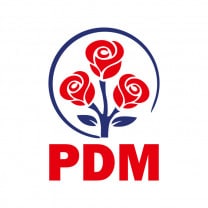
The PDM was founded in 1997 as the continuation of the Movement for a Democratic and Prosperous Moldova, and is currently led by Ion Sula. It has changed its name from Democratic Party of Moldova (PDM) to European Social Democratic Party (PSDE) in 2022. The PSDE is a member of the Socialist International and an associate member of the Party of European Socialists. The creation of an effective system of income redistribution, reform of trade unions and the international recognition and consolidation of Moldova’s permanent neutrality are key objectives. The PDM also supports the integration of Moldova into the EU and NATO.
The 2021 snap elections were a major loss for the at that time PDM. The party received only 1,8 percent of the total votes and lost all its 30 seats in parliament. The party still has some seats in local councils, but has disappeared from national parliament.
Other Parties

Number of seats: 63
The Party of Action and Solidarity is founded by current president Maia Sandu and led by Igor Grosu. The party began a platform called "In step with Maia Sandu" which evolved in the PAS. The PAS is considered to be pro-European and promotes the New Liberalism doctrine.
The PAS won big during the 2021 elections, earning them 63 seats in parliament.
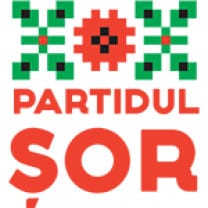
The Șor Party was founded in 1998 by Valey Klymenko, but it only entered the parliament in 2019 for the first time. Their ideology is based on social conservatism, Moldovan identity and support for establishing a welfare state. The party is considerd to be pro-Russian but foremost nationalistic. The party won 6 seats in the parliamentary elections in 2021 but was banned in June 2023 for being "unconstitutional".
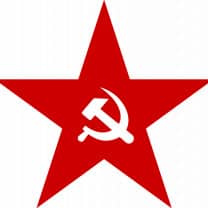
Number of seats: 26
The Electoral Bloc of Communists and Socialists is an alliance between the Party of Communists of the Republic of Moldova (PCRM) and the Party of Socialists of the Republic of Moldova (PSRM). The coalition exists on the left-side of the political spectrum concerning economic issues, but has conservative social views. The alliance was formed in May of 2021, ahead of the 2021 parliamentary election. The presidency of the coalition is shared by Vladimir Voronin and Igor Dodon. The coalition managed to win 26 out of the 101 seats during snap elections.
The Party of Socialists of the Republic of Moldova (PSRM) was founded in June 1997 by members of the Socialist Party of Moldova. As the title says, the PSRM is a socialist political party. In 2011, Igor Dodon, former member of the PCRM, joined the PSRM and was shortly after that chosen as chairman.
The Party of Communists of the Republic of Moldova (PCRM) was established in 1994. The party is a communist political party and was founded by Vladimir Voronin. Voronin is currently still the leader of the party. The PCRM is the only communist party that has held majority in parliament in a post-Soviet state. The party has been the largest party in parliament three times. In 2019, the party lost all its representation in parliament when it only got 3,75% of the votes. In the snap elections of 2021 the party returned to parliament in a join coalition with the PSRM, winning 26 seats.
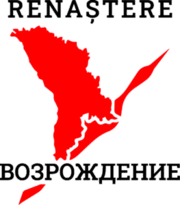
The Revival Party is a pro-Russian party that split from the PCRM in 2011. The party promotes the values of Eastern Orthodox Christianity, traditionalism, Moldovan nationalism, and wants to become the largest left-wing force of Moldova. The party also wants the Russian language to become one of the state languages of Moldova. It has been considered a satellite party of the Șor Party and holds 4 seats in parliament.
4 Biographies
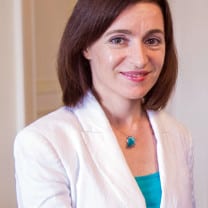
Maia Sandu was born on 24 May 1972 in the Moldovian Soviet Socialist Republic. She has the Moldovan as well as the Romanian nationality and speaks Russian, Spanish, English and Romanian. After studying Management at the Academy of Economic Studies of Moldova and International Relations at the Academy of Public Administration, Sandu was admitted to Harvard University. She graduated in 2010, after which she started working as an economist for the World Bank in the United States.
Sandu’s political career started in 2012, being part of the Liberal Democratic Party of Moldova, her first position was Minister of Education. At the end of 2015, she established the “In Step With Maia Sandu” Platform, which turned into the Party of Action and Solidarity (PAS) the following year. In 2016, she ran to become president of Moldova, but lost to pro-Russian Igor Dodon. Furthermore, Sandu has been prime minister for period of five months in 2019, resigning due to a vote of no-confidence, backed by 63 out of 101 Members of Parliament.
During the 2020 presidential elections, Maia Sandu ran for the second time. After the first round did not result in a clear winner, she had to participate in a second round with incumbent president Dodon. Contrary to four years earlier, she won the elections with almost 58% of the votes.
The new Head of State wants to improve relations with the European Union, reform the criminal justice system, counter corruption and poverty and encourage businesses.
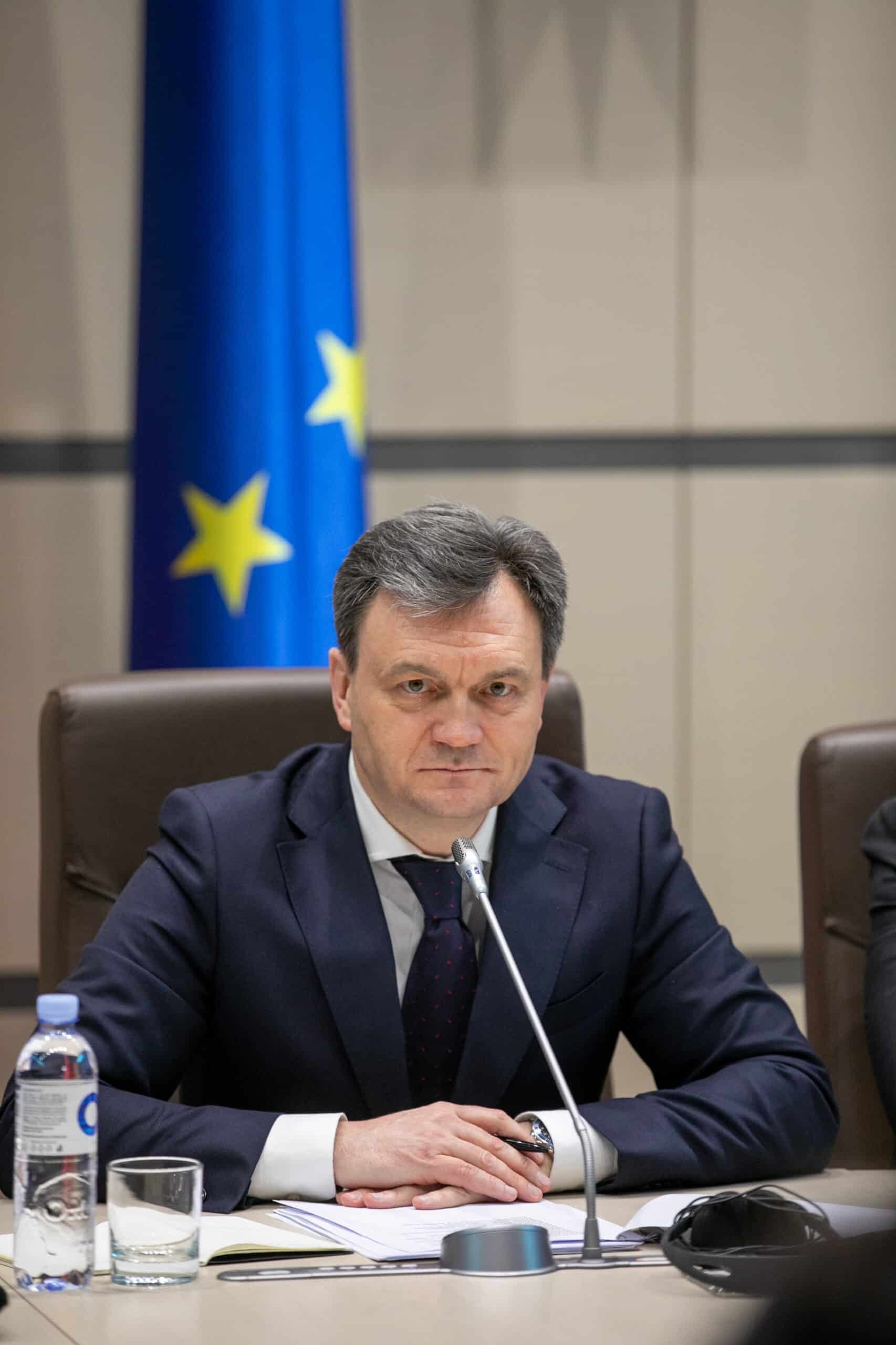
Dorin Recean (1974) is Prime Minister of Moldova since February 2023. Having first served as security advisor in his predecessor Natalia Gavrilita’s government, he took over from Gavrilita after increased Russian pressure had moved her towards resignation. He is considered a supporter of closer ties with the West and against Russian influence.
Recean served as Minister of Communication from 2010 to 2012 and as Minister of Internal Affairs from 2012 to 2015. Before his career in politics, Recean teached at his alma mater, the Academy of Economic Studies of Moldova and at the Chisinau-based Newport International University.
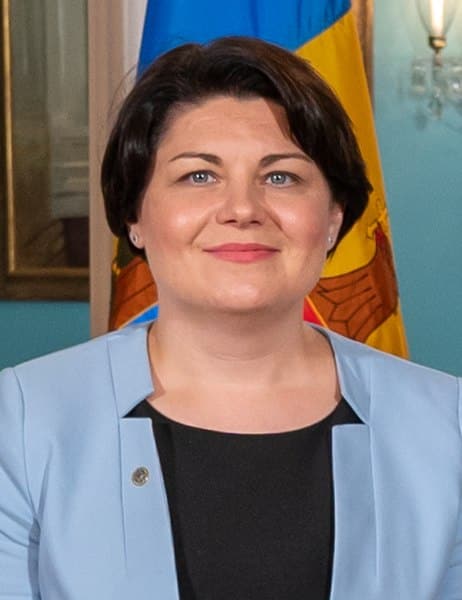
Natalia Gavrilita (1977) is a former Moldovan Prime Minister of the center-right Party of Action and Solidarity (PAS) who held the office from August 2021 to February 2023. She resigned after increasing Russian pressure caused record-high inflation in the country. Gavrilita is considered as strongly pro-Western and pro-EU accession.
Before her career as Prime Minister, Gavrilita served as Minister of Finance. She has worked in several development projects around the world and studied International Law at Moldovan State University and Public Policy at Harvard University.
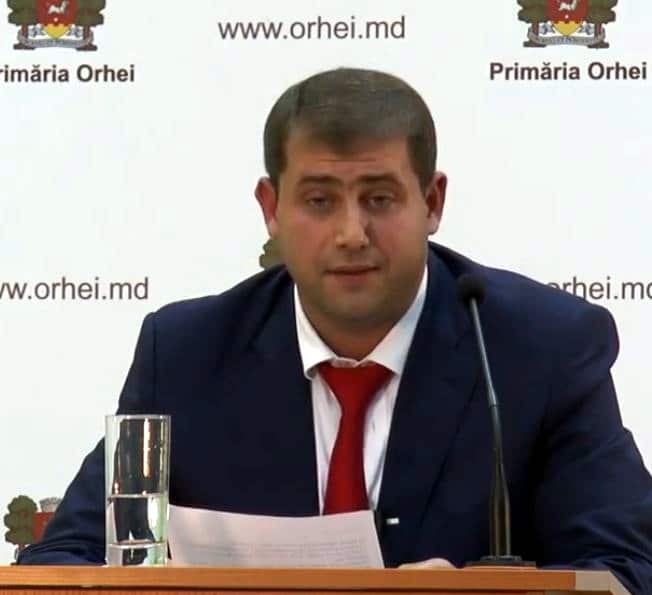
Ilan Shor (1987) is a Moldovan oligarch and politician who was born in Israel. He is the leader of of the Shor Party, which is considered radically pro-Russian. Sentenced to 7.5 years in prison in June 2017 for money laundering, fraud and breach of trust, in relation to the banks, Shor who was under house arrest pending an appeal, is currently living in Israel, having fled there in 2019. His sentence was doubled in absentia by a Moldovan court in April 2023.
Shor started his career in Moldovan politics in 2015, when he became mayor of the town of Orhei. In 2019, he became an opposition figure in Moldovan parliament.
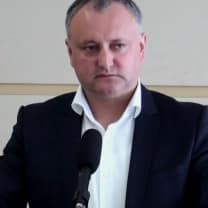
Igor Dodon (1975) is the former leader of the Party of Socialists of the Republic of Moldova and former president of the country. He studied economics at the Agricultural State University of Moldova and received a doctorate in 1998 from the Academy of Economic Studies of Moldova. In the period from 1997 to 2005, he worked as an assistant professor and lecturer in the academic field.
In 2005, Dodon switched to politics when he became Associate Minister of Trade and Economics. After that, he held several other ministerial positions. During the 2020 presidential elections, he lost to Maia Sandu, obtaining around 42% of the votes in the second round.
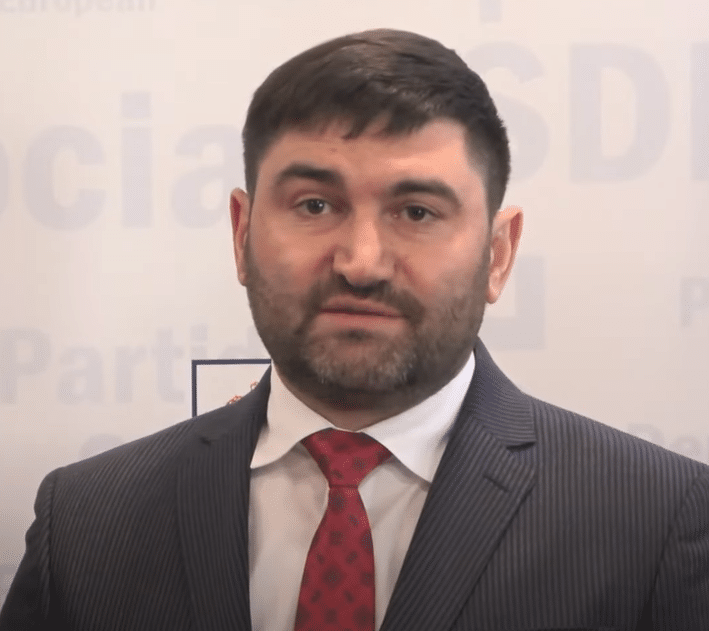
Ion Sula (1980) is the leader of the European Social Democratic Party (PSDE) since November 2022 and has served as Minister of Agriculture and Food Industry from 2015-2016.
Subscribe to our newsletter
